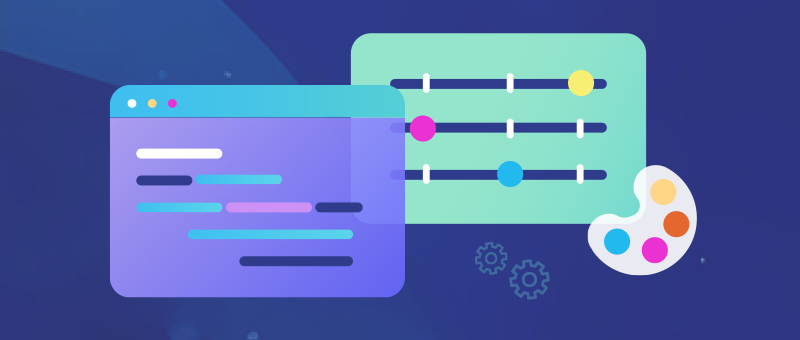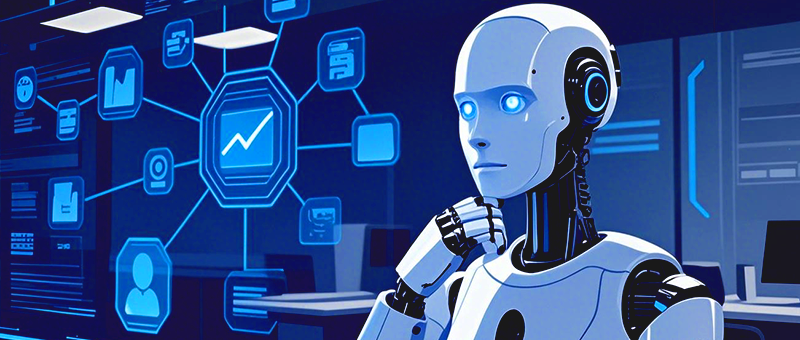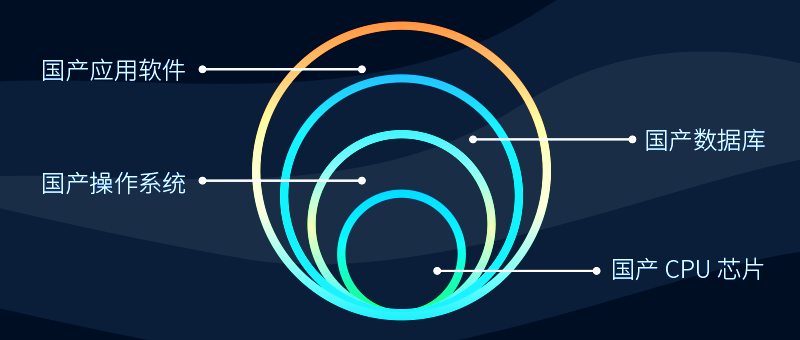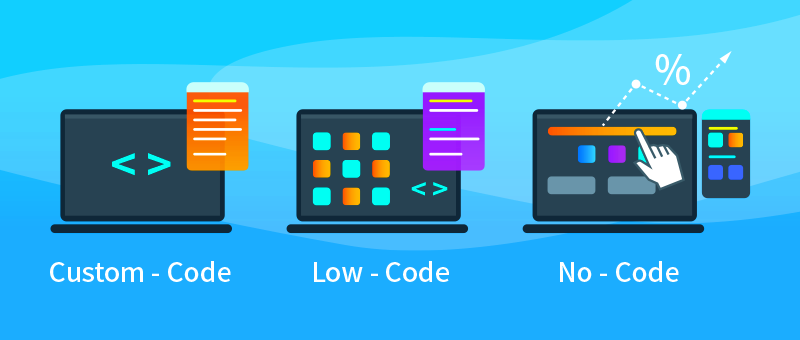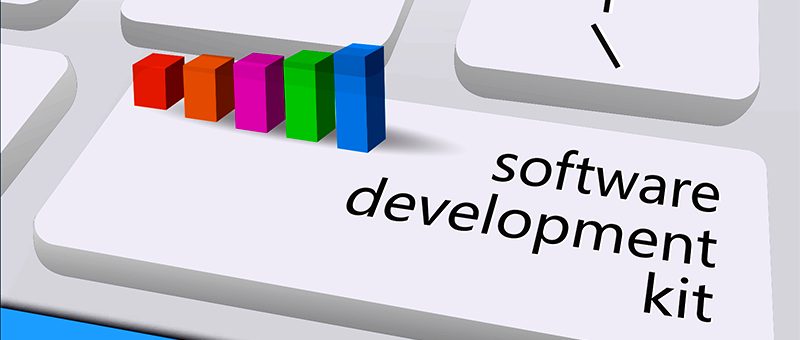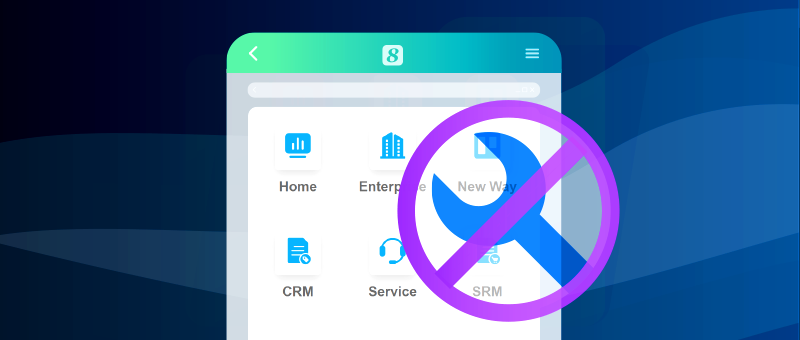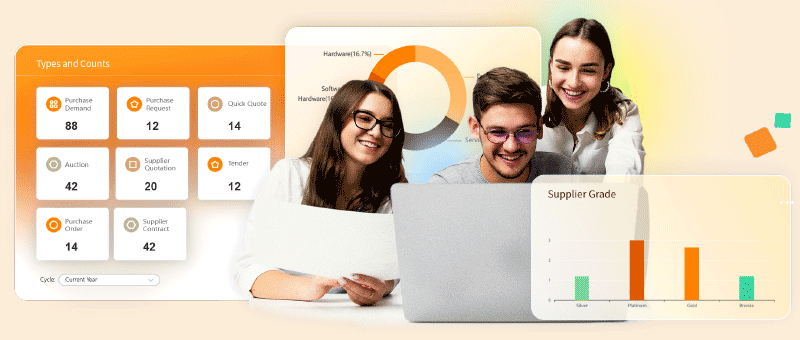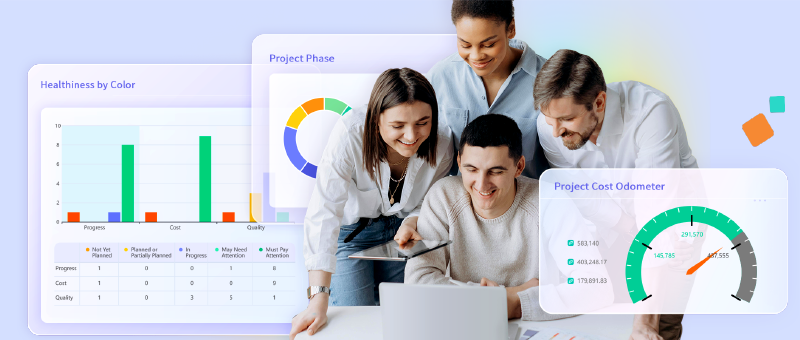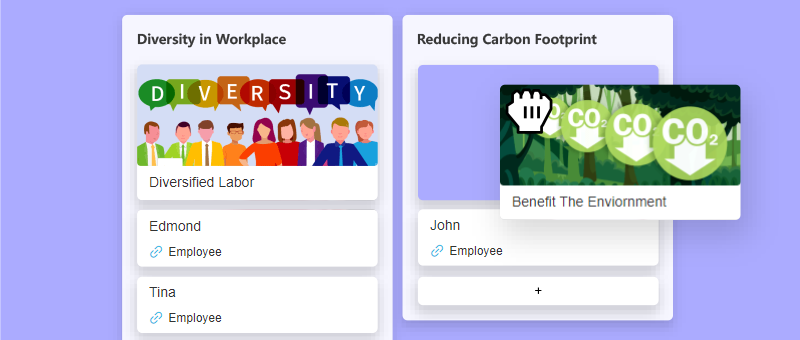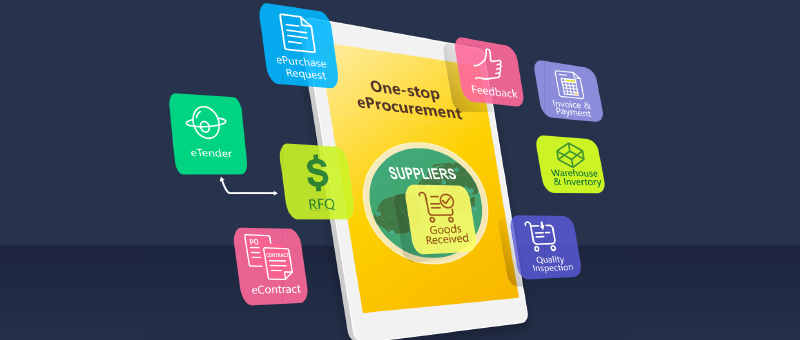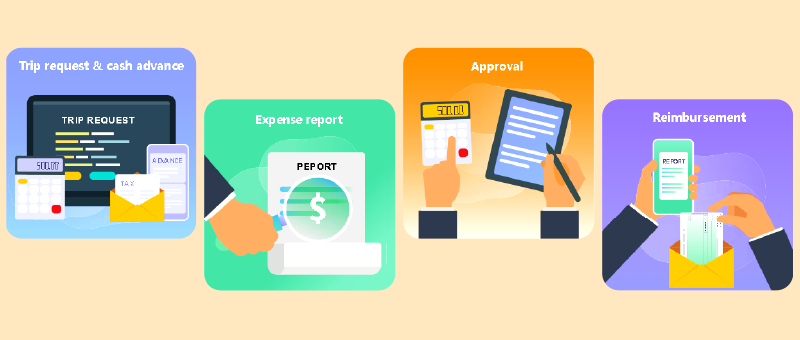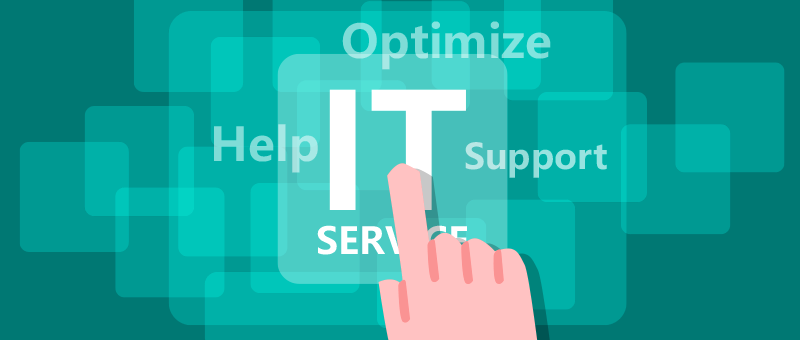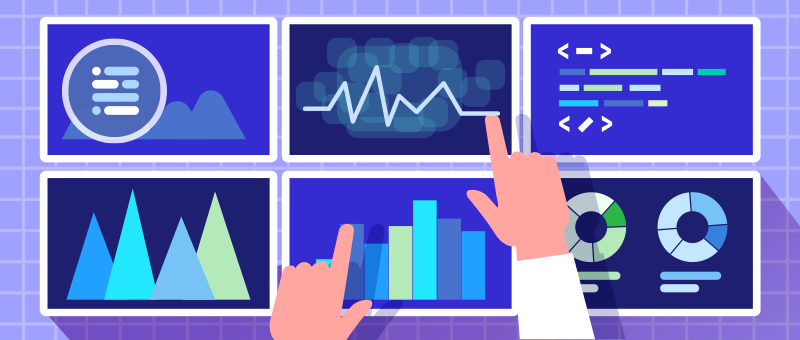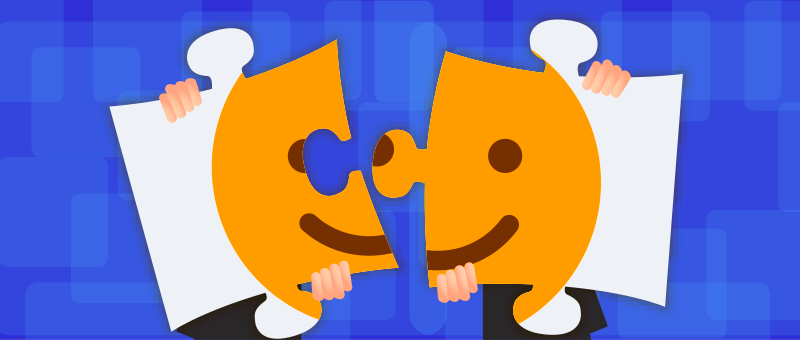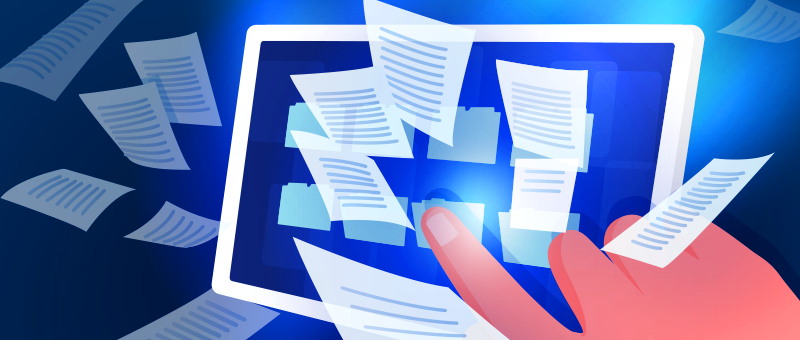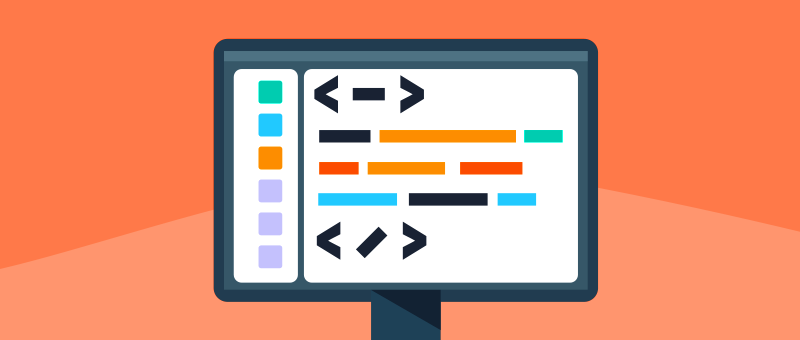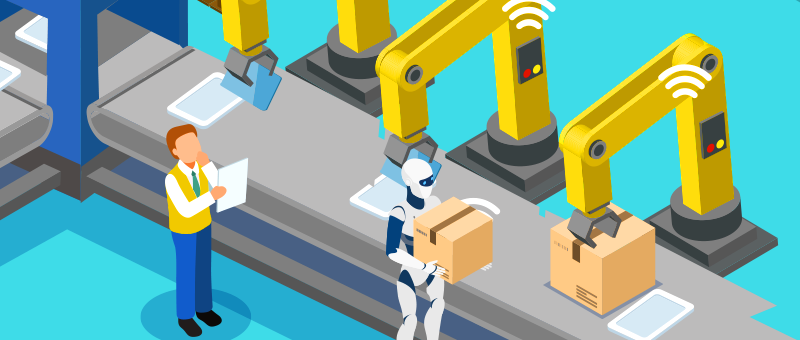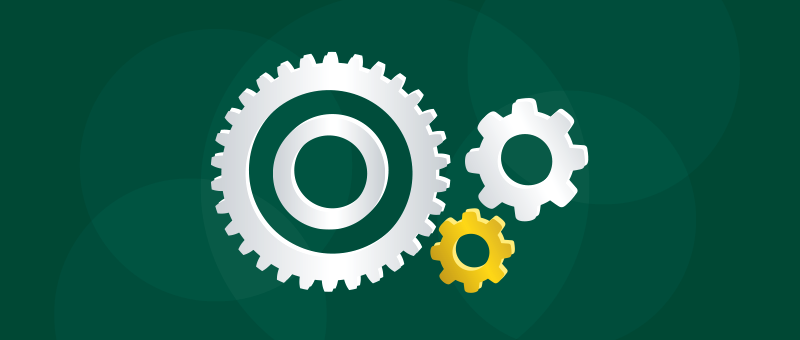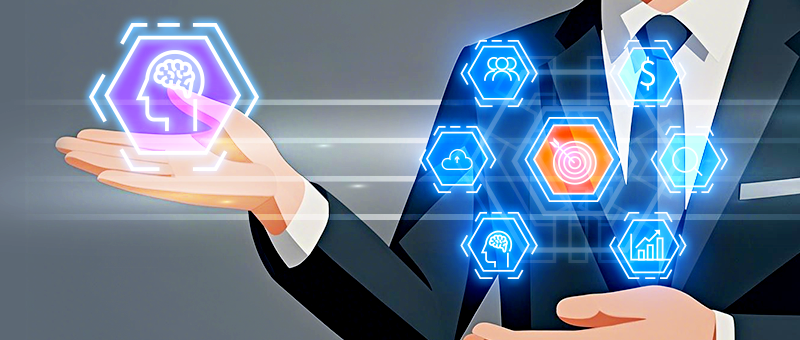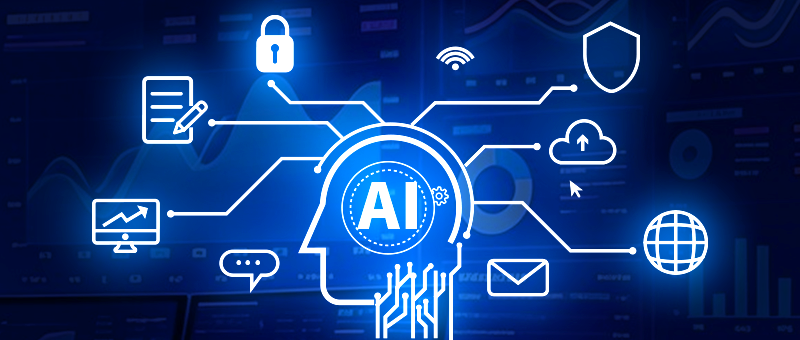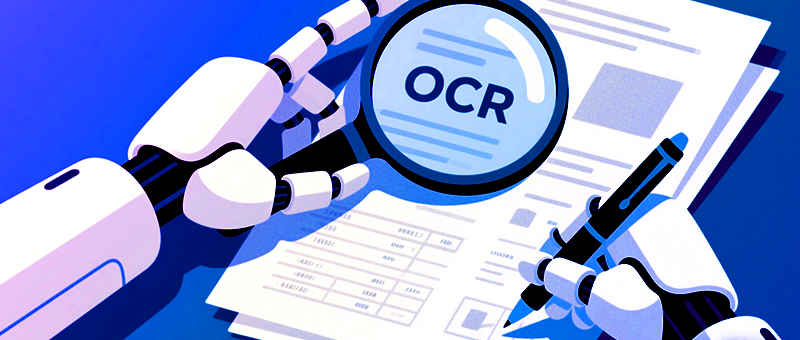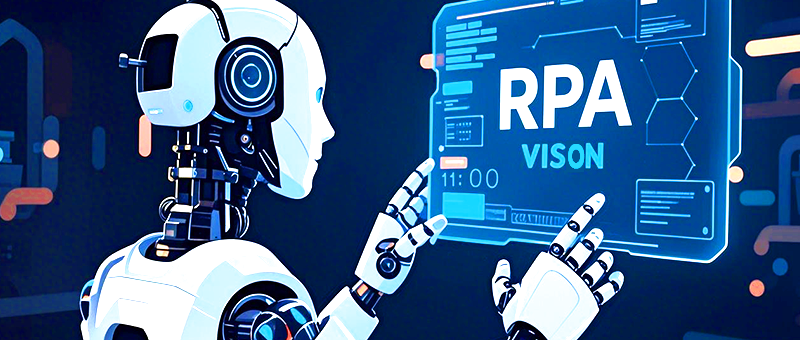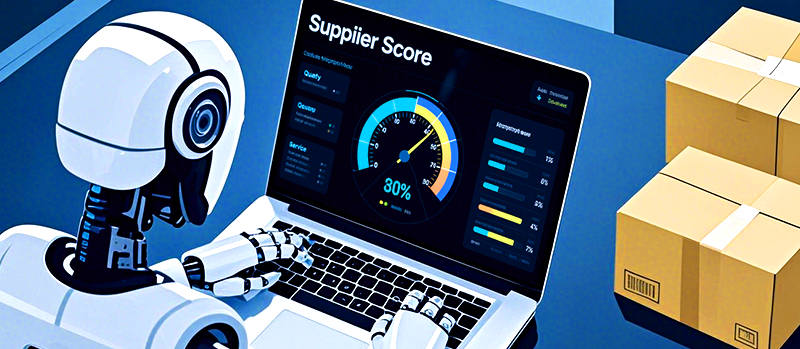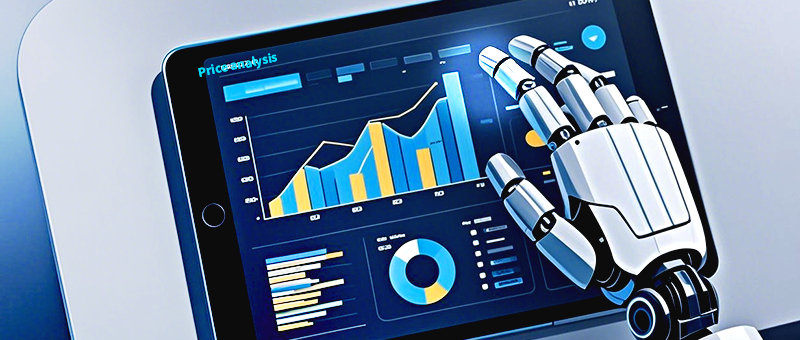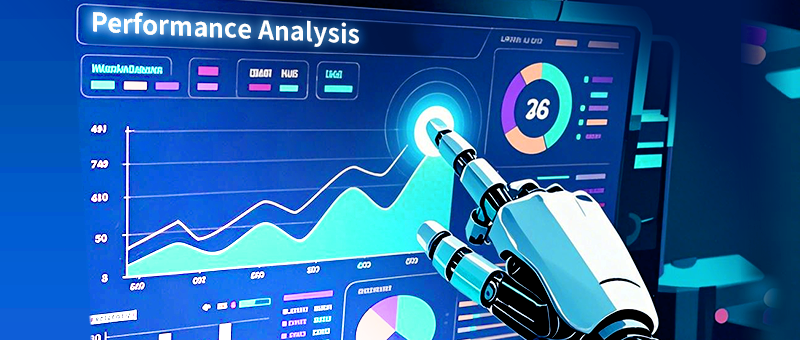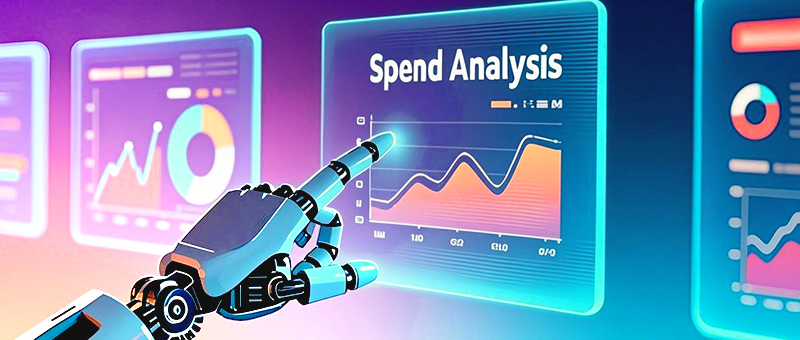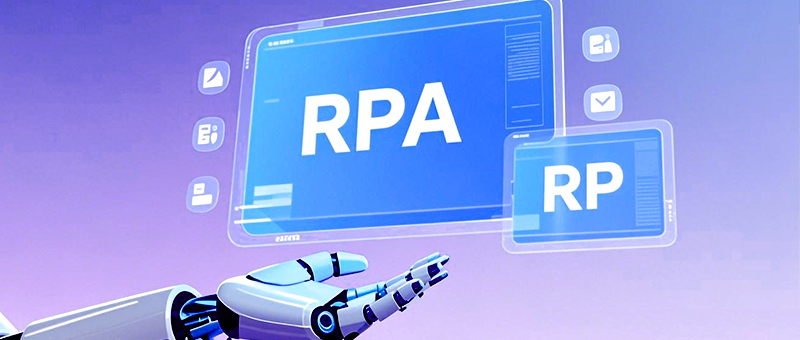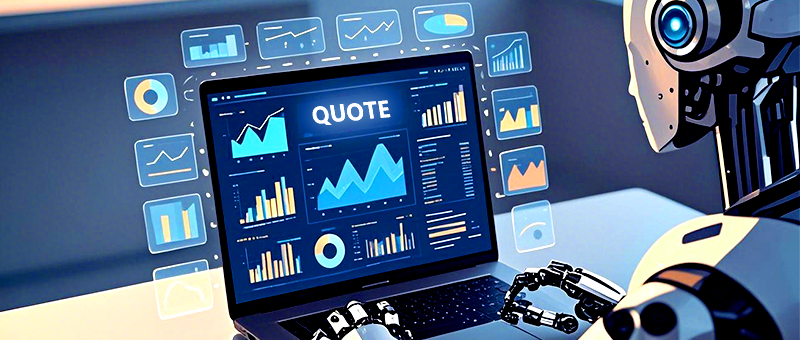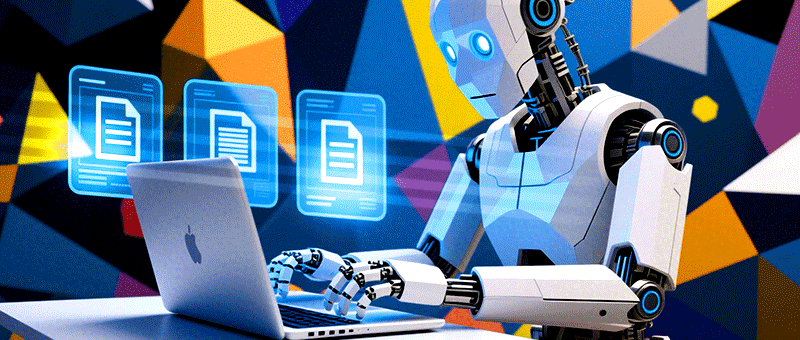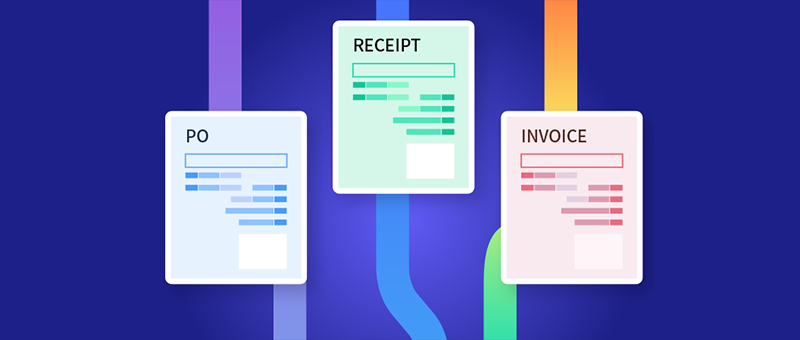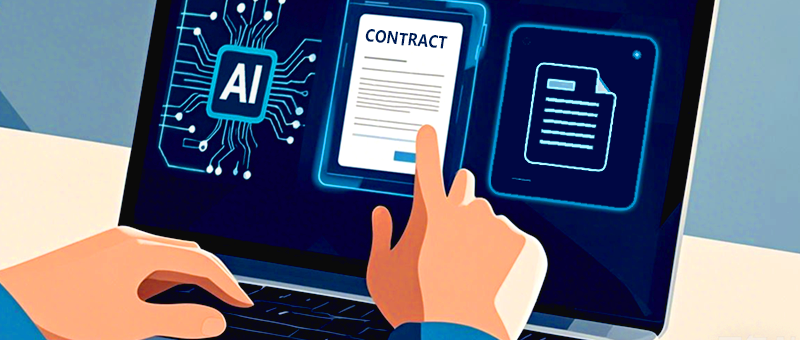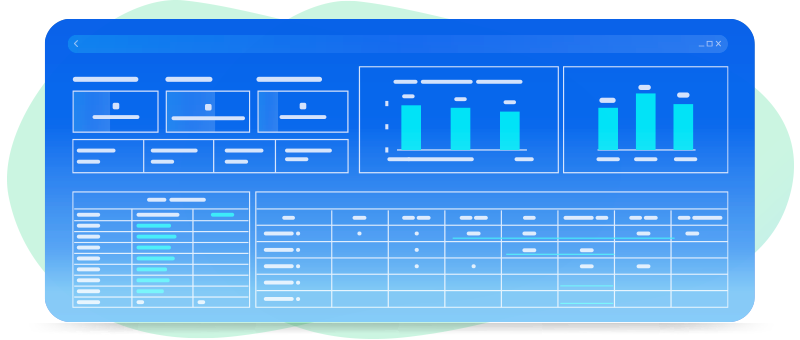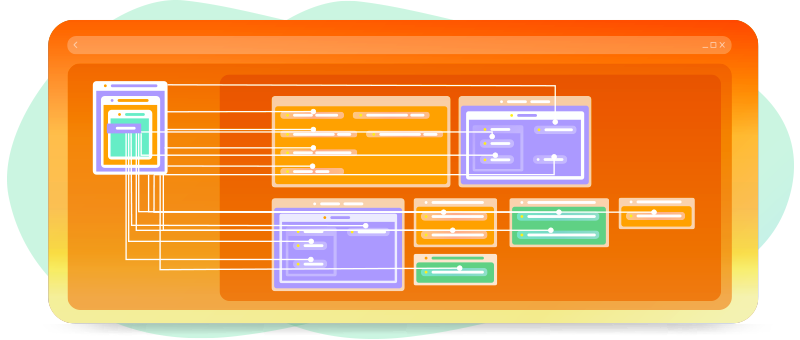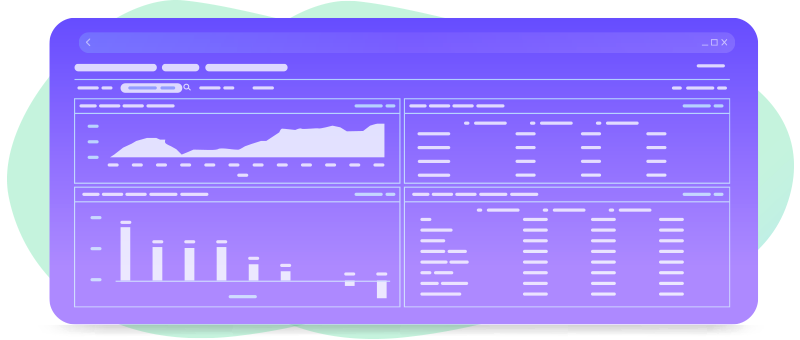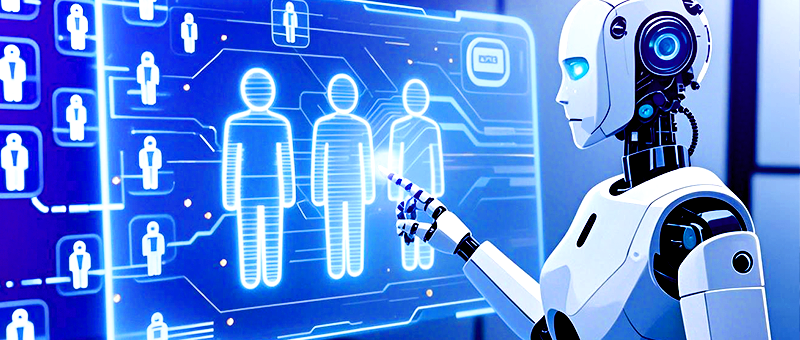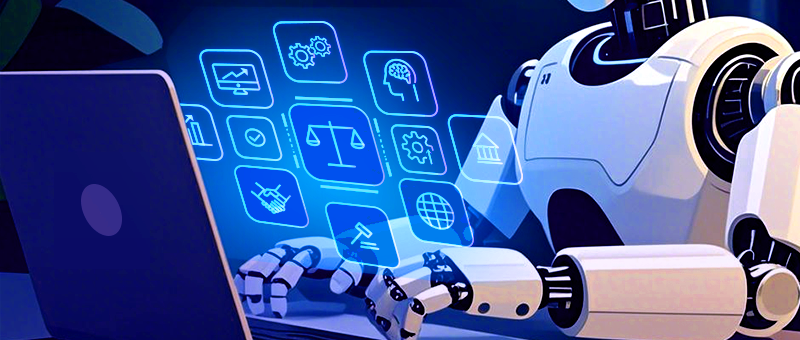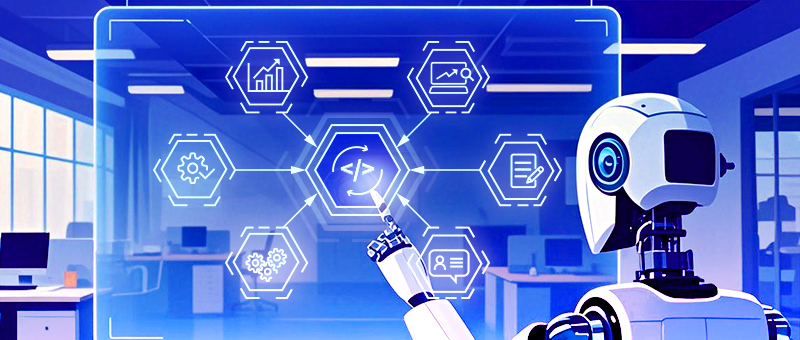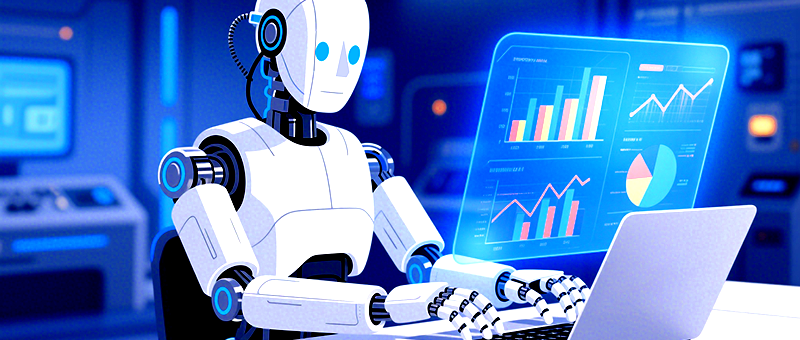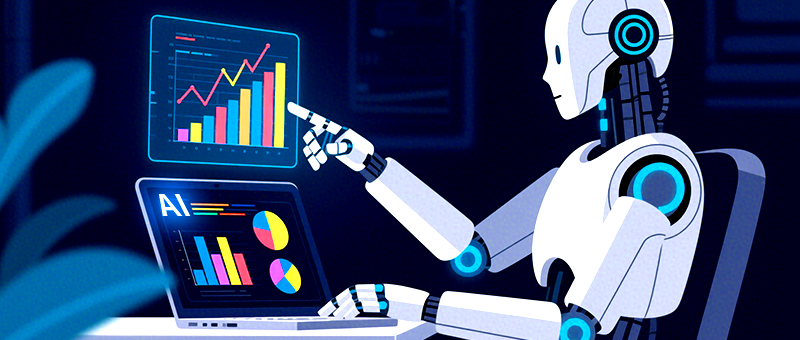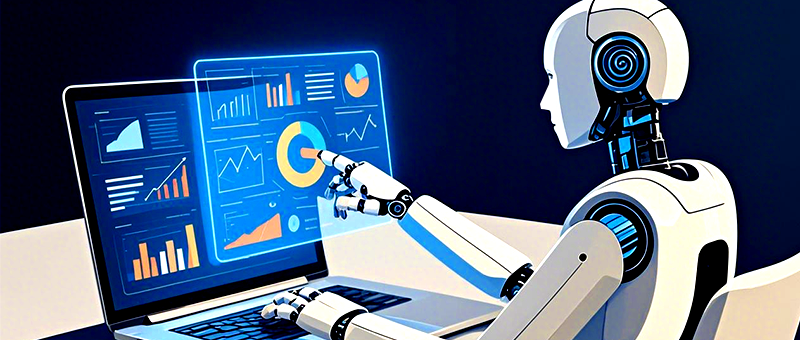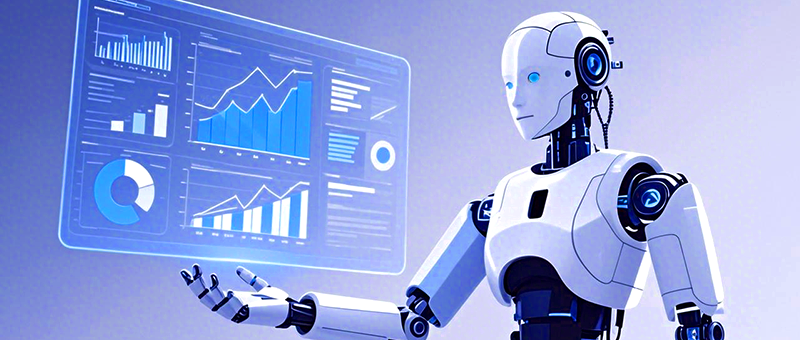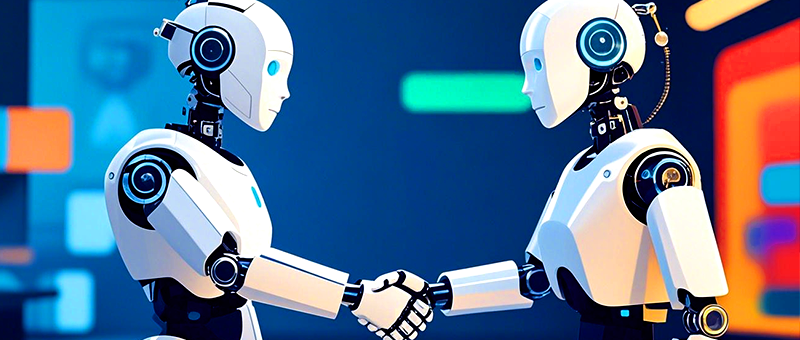Special News
Are your project managers ready for AI?
2024-11-28
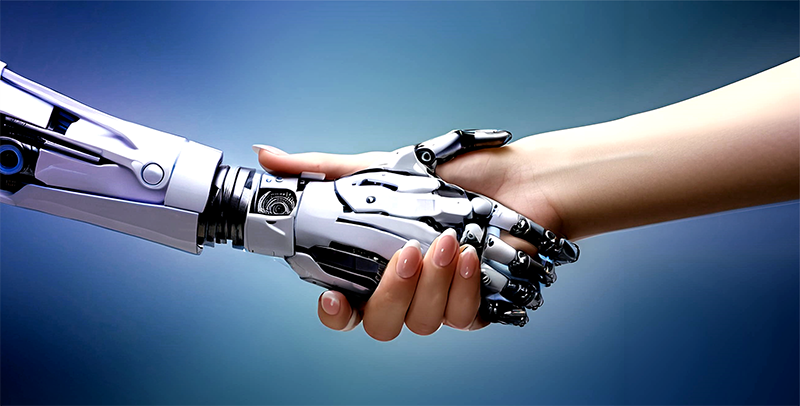
Artificial intelligence (AI) has made significant progress in recent years, with advancements in many areas, including:
● Generative AI
● Machine learning
● Facial recognition
● Financial systems
● Customer service
● Medical diagnostics
The global AI market is expected to grow from over $196 billion in 2024 to $1.8 trillion by 2030 and a large number of people have been trained and plenty of AI tools have been created covering various areas. As a project manager, you might want to know how AI can help project management and where to start.
Where to start
People and data are generally the right place to start for project management AI.

People
No new way of doing things has absolutely no risk and people making things happen or not happen, therefore, upgrading your project managers is the first thing that you must do. Your project managers might use the excuse that AI tools are not mature enough for project managers, but keep in mind that they can say the same thing 10 years later since no tools are perfect. If your project managers really have the mindset of leveraging modern technology to advance the effectiveness in their environment, they will study various ways to leverage Robotic Process Automation (RPA) and AI to get ahead of your competitors. And they will come to the realization that the readiness of data is important before the application of AI tools.
Data
As a matter of fact, any AI adoption process for project management starts with data. Training AI algorithms to manage projects will require large amounts of project-related data. Your organization may retain troves of historical project data, but they are likely to be stored in thousands of documents in a variety of file formats scattered around different systems. The information could be out-of-date, might use different taxonomies, or contain outliers and gaps. Roughly 80% of the time spent preparing a machine learning (ML) algorithm for use is focused on data gathering and cleaning, which takes raw and unstructured data and transforms it into structured data that can train a machine learning model. Without available and properly managed data, the AI transformation will unlikely happen at your organization.
Leveraging a fully a digitized platform
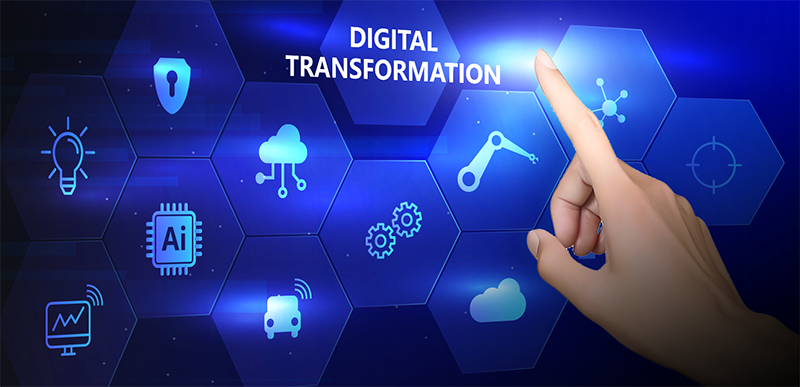
A fully digitized platform connects people and businesses through online interactions and transactions. A fully digitized platform can be used for a variety of purposes, including:
● Project management: Managing project planning and real-time project execution
● Business operations: Streamlining workflows and IT systems, and standardizing business processes
● Customer engagement: Serving customers, and creating intelligence to improve operations
● Product development: Developing and launching products
● Data analytics: Equipping employees with data, analytics, and insights
● Connecting buyers and sellers: Moving business interactions online, and collecting and interpreting data to adjust prices in real time
Your project managers need to make an accurate inventory of all your projects and export them to a fully digitized platform. Your project managers absolutely can manually clean and convert all the project data to digital but the efforts can be huge, tedious and time consuming, especially for large projects involving procurement, subcontracting and outsourcing. Contact us if you need recommendation on fully digitized platforms.
Selecting the AI tools
For project management, you mainly need predict AI tools. Generative AI tools such as ChatGPT might not fit your needs. You should have your teams to research and select the right AI tools such as below for your situation:
● Linear Regression
● Polynomial Regression
● Decision Tree
● Random Forest
● XGBoost
● K-Nearest Neighbors (KNN)
● Support Vector Machines (SVM)
● Neural networks
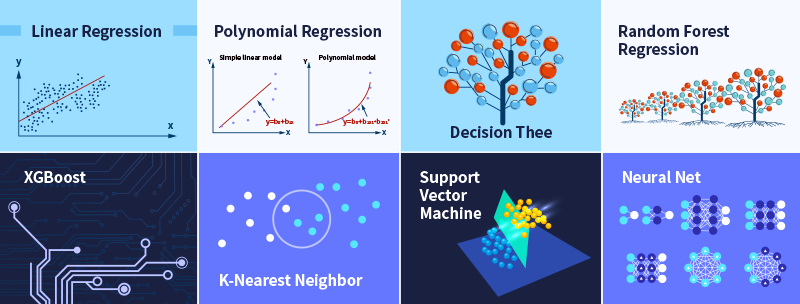
Creating a roadmap
Creating a roadmap is important for your AI implementation because it provides a visual plan that helps ensure a project is successful. The following is a sample roadmap:
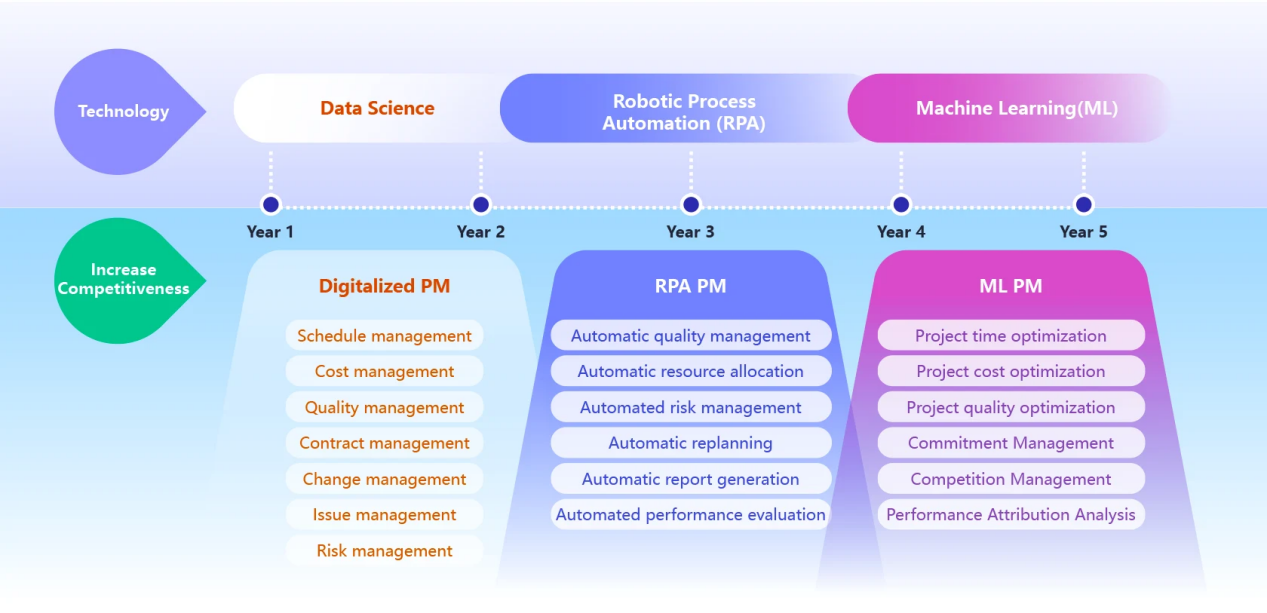
The roadmap defined by you and your teams will provide you the following benefits:
Clarity -- A roadmap outlines the projects goals, timeline, and milestones, which helps keep everyone aligned.
Communication -- A roadmap provides a common reference point for discussing the projects status and changes.
Prioritization -- A roadmap helps identify which tasks are most important and need to be completed first.
Accountability -- A roadmap helps stakeholders track progress and ensure the project meets its goals.
Risk identification -- A roadmap helps identify potential challenges and delays early in the project.
If you have any questions, please feel free to contact us.
Most popular

How IPD drives product R&D toward commercial success

Top procurement management systems to elevate your business in 2025

Are your project managers ready for AI?
Related articles
8Manage PM vs Trello vs Lark: Best enterprise project management
2025-06-10
Best project management tools for R&D teams 2025: 6 efficient options
2025-05-29
Scientific project management: 4 top tools and efficiency tips
2025-05-14
6 top tools to boost new product development efficiency
2025-04-30
IPD R&D project management: process and tools(including 8Manage PM)
2025-04-25
Previous Article >
Direct vs. Indirect Procurement: Process Optimization Strategies
Direct vs. Indirect Procurement: Process Optimization Strategies
Next Article >
IPD and Cycle Time Excellence
IPD and Cycle Time Excellence





